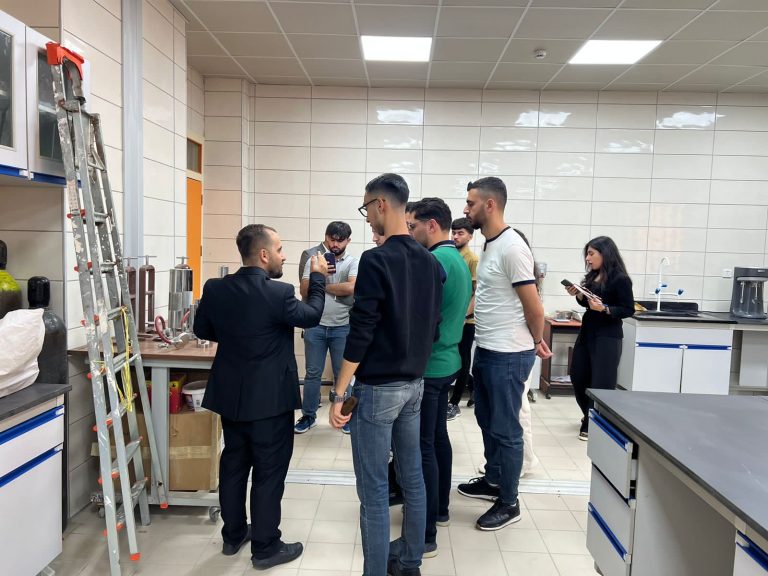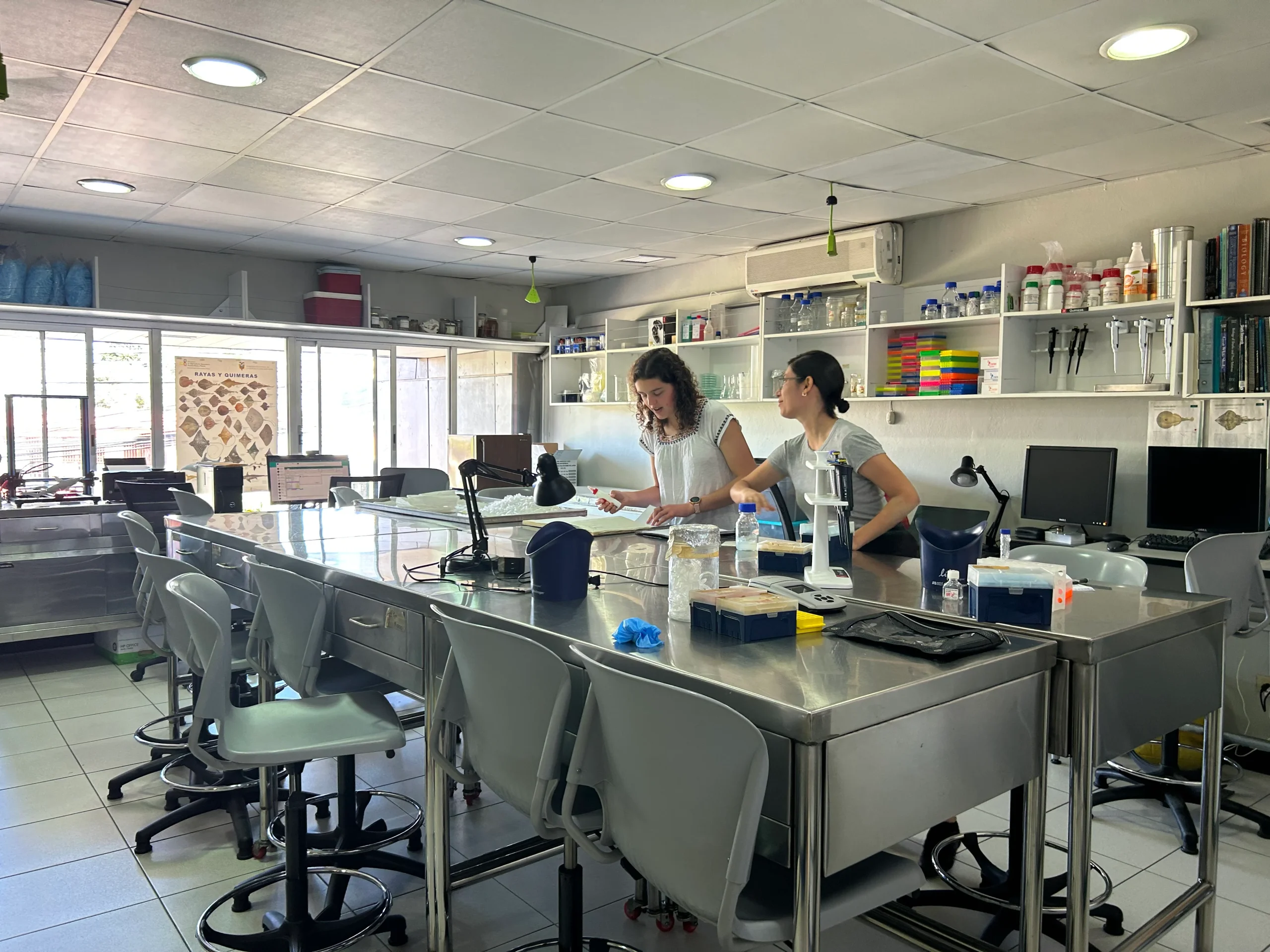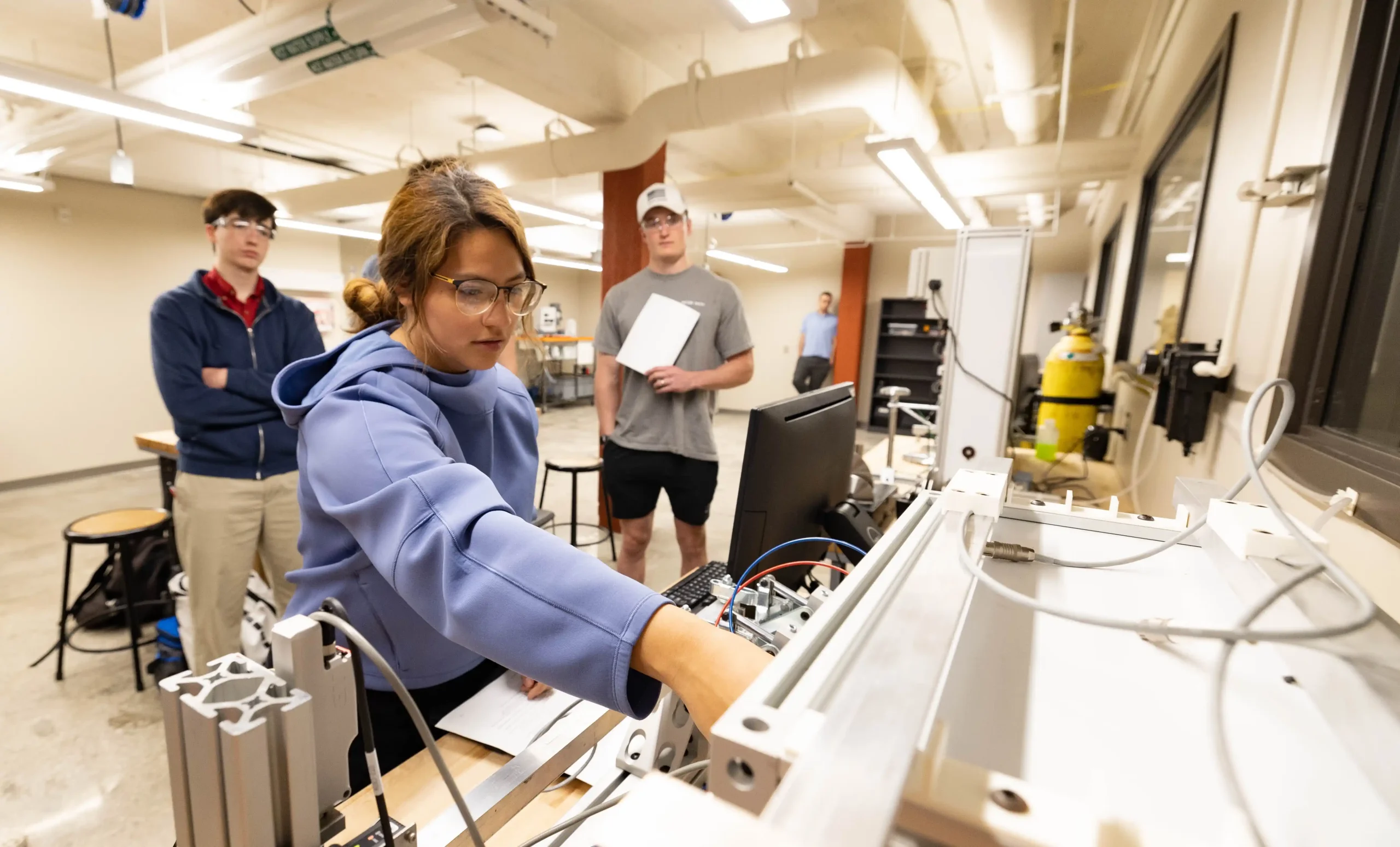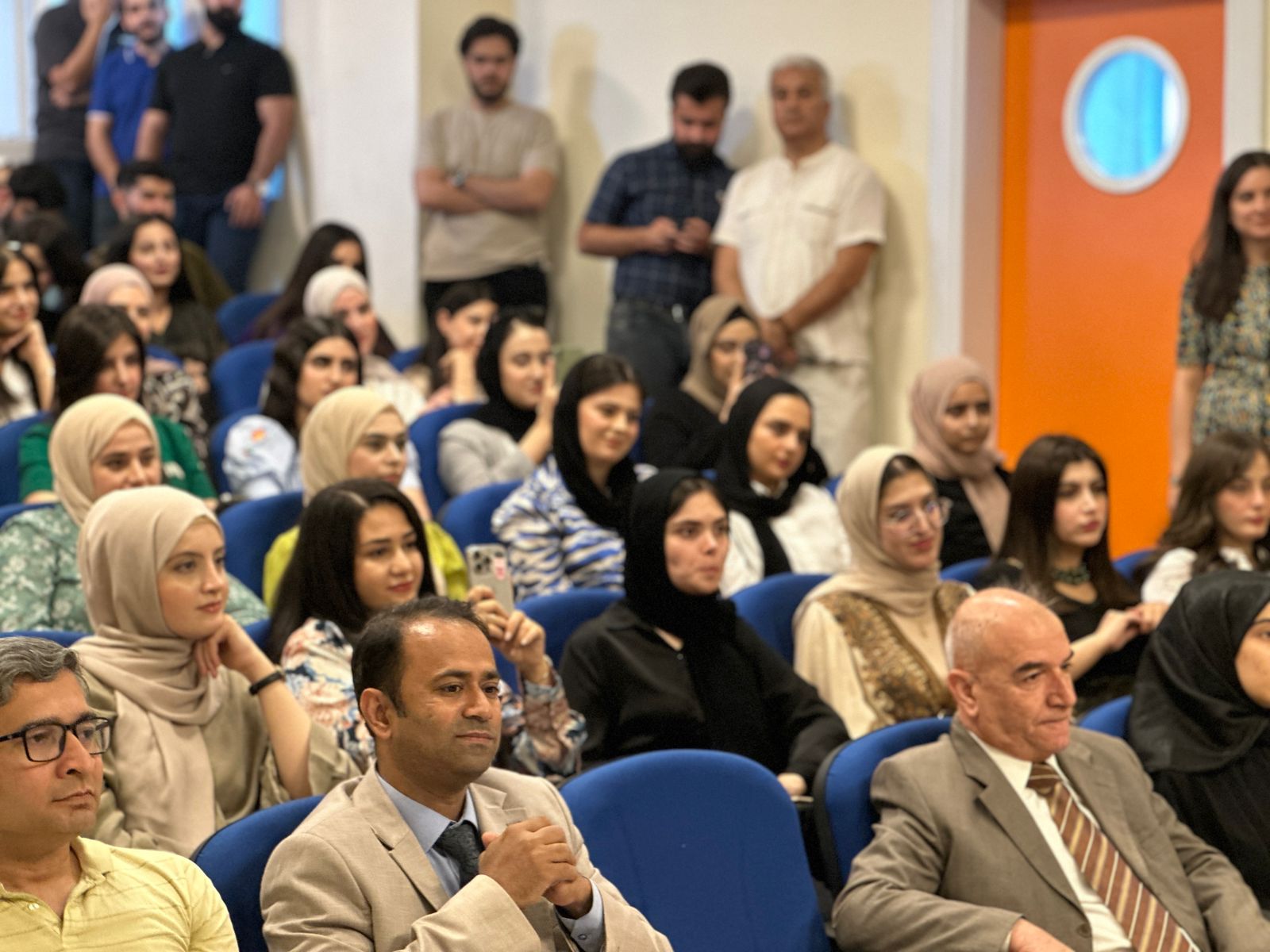Natural And Applied Sciences

The effort to solve the problems facing humanity reveals new methods and issues in the world of science. As a result of the increase in the number of scientific subjects, it becomes impossible to fully teach the subject of a certain scientific area in a limited time, and therefore derivative sciences are emerging and developing. Although derivative sciences are diversified, at an undergraduate level of education with a limited period/term it is impossible to thoroughly teach the subjects that the student needs to know in a given field. Then a need arises for an education that envisages an in-depth examination of certain scientific knowledge, which is possible within the framework of postgraduate education consisting of master’s and doctoral education.

What We Do
We aim to create informed citizens who not only pursue science careers, but blossom when faced with opportunities to positively impact society through engagement, curiosity, and applications of the scientific method. To do this, .

We are educators, scientists, and community members with a mission to foster curiosity through science. We engage students’ natural curiosity, guiding them to design and perform experiments that answer their own questions through the scientific method. We call this process Student Driven Research.

In addition to gaining extensive knowledge in the field, graduate education requires bringing different methods for problem resolution or studying new solutions for problems that have never been addressed. While those who strive to gain an in-depth knowledge in a certain field choose graduate education, researcher that seek to map possible solutions to unresolved and understudied problems prefer to pursue a doctoral education that requires intensive research. Innovations and inventions arise from our aspiration to find solutions to problems. In other words, innovations arise from the necessity. Those who is aware of this necessity are real producers. The science born out from this aspiration can be defined as seeing what everyone sees but thinking that nobody thinks. In our institute, graduate education is carried out in two ways: thesis and non-thesis master’s degree. Non-thesis graduate education is course-based and requires our prospective students to succeed in the number of courses and term projects stipulated in our Graduate Regulation. On the other hand, master’s education with thesis, consists of both courses and a thesis, and requires the defense of a research project on a specific subject in front of a jury.
